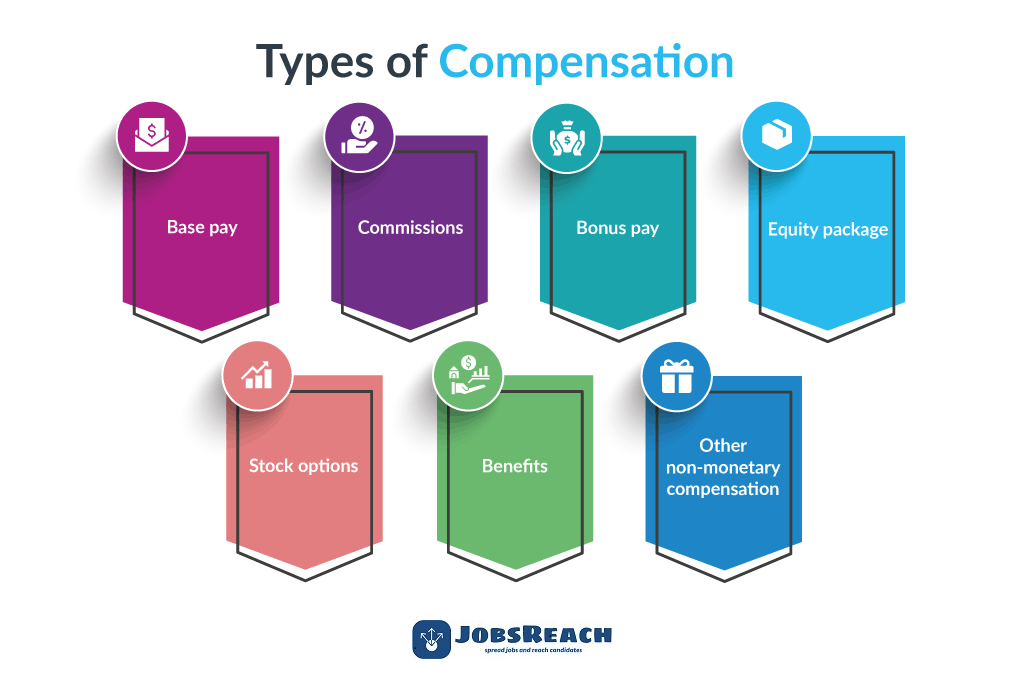You have a job vacancy and are eager to begin hiring. Being a great company with a fantastic opportunity, you might think finding the perfect candidate should be straightforward. However, despite posting the job online, you may not have received the expected flood of qualified applicants.
Perhaps you’re finding it challenging to attract applicants when you advertise an open position, and you’re uncertain about the reasons. You’ve started to recognize that there are numerous excellent companies with multiple job openings, and enticing applicants to consider your role may require additional effort. But what specific aspects do applicants prefer – or dislike – in a job advertisement?

As part of our 2024 Applicant Expectations Report, we surveyed recent job seekers to uncover what drives them to apply to job postings. Their feedback reveals important insights into potential mistakes in job postings that might be limiting your applicant pool.
Keep reading to discover how you can enhance your job postings based on the feedback from job seekers, thereby improving your chances of making the optimal hire for your team. You can check out Report on Candidate Experience.
What motivates job seekers to apply for jobs?
Let’s begin by discussing what job seekers seek in a job posting and the factors that most influence their decision to apply. In our survey, we asked job seekers to select the top three aspects of a job posting that excite them the most.
Here are some of their answers:
- Benefits and perks provided by the company
- The listed compensation range
- Remote/Flexible work option
- The company’s reputation/brand
You can use this information to determine what your job posting might be missing. Let’s take a closer look at the reasons job seekers aren’t applying to your open jobs and what you can do about it.
Why aren’t people applying to my job?
1. You’re not leading with benefits and perks
Job seekers consistently tell us that benefits and perks are just as crucial as competitive compensation. They want this information upfront, before applying or interviewing. They won’t waste time on a job they’re uncertain about. Additionally, providing this information early on demonstrates that your company values transparency.

One job seeker remarked, “Compensation and benefits are seldom mentioned until after applicants endure a lengthy and inconvenient interview process. Employers need to be upfront about what matters most to applicants—salary, benefits, and work conditions, including opportunities for upward mobility.”
2. There’s no compensation listed
46% of job seekers identified compensation as a primary reason they are excited to apply to job postings. Naturally, people want to be well-compensated for their work, so offering a competitive salary is essential. However, even that won’t help much if you’re not transparent about the salary in the job posting.
There are several reasons why omitting compensation details from your job posting might cause you to miss out on applicants. Candidates are busy, and applying to jobs takes time and effort, so they want to ensure their effort is worthwhile. Many qualified individuals won’t take the time to apply if they’re uncertain about what you’re offering.

Additionally, including compensation details can save you time by helping candidates self-select in or out of the opportunity. This prevents you from investing time and resources in moving someone through the hiring process only to discover a disagreement on compensation terms at the offer stage.
Moreover, pay transparency has become a legal requirement in several cities and states. Major job boards, such as JobsReach, Indeed, are now removing job postings in these areas that don’t list compensation.
If your job posting is not attracting as many applicants as expected, the absence of compensation details could be the reason.
Transparency with JobsReach
JobsReach helps employers in clearly defining job requirements for candidates using AI. It also suggests salary expectations based on current industry standards and trends to attract suitable candidates without missing out on top talent. Operating on the principle of transparency, JobsReach ensures that every job published on the platform discloses salary ranges, perks, and other benefits. This information is widely distributed to attract the right candidates for JobsReach’s partner companies.
3. No remote or flexible working options
In a Flex Jobs study 2024, 32% of respondents expressed a preference for a hybrid work environment, while 65% preferred to work remotely full-time. Similarly, our own survey revealed that remote and flexible working options are highly attractive to job seekers.
If you already offer remote or hybrid work options, make sure to include these details in your job description. If remote work is not possible, consider other ways to add flexibility to your employees’ schedules. For instance, do you have a generous time-off policy or allow employees to swap shifts through a scheduling app? Highlight how you support a flexible working environment to attract potential candidates. Explore Remote Work Statistics & Trends In 2024.
4. You don’t have a compelling employer brand
When job seekers browse through job boards, weighing different opportunities, one aspect that catches their attention is a job posting that highlights a company’s employer brand. Job seekers are aware of their options, and they are drawn to companies with positive reputations.
The primary method of building your employer brand is by being a desirable place to work. Employees who hold a favorable view of your workplace are more inclined to provide compelling testimonials, which you can feature on your careers page.
Furthermore, ensure positive candidate experiences during the hiring process. This not only aids in organically fostering a good reputation but also enables you to actively manage your employer brand online through platforms like GlassDoor and JobSage.
Company Page on JobsReach
JobsReach empowers partnered companies posting job vacancies to create a company page, allowing them to showcase their brand, work culture, and details like work-life balance. This enables job seekers to gain a better understanding of their future employer and company culture. Such information attracts potential job seekers to consider various factors beyond compensation, such as packages and perks.
A stellar reputation distinguishes you amidst numerous job postings, increasing the likelihood of job seekers applying for your open positions and ultimately accepting job offers later in the process.
5. Not enough focus on skills in your job posting
We requested job seekers to articulate what aspects they find appealing in a job posting.
One recurring theme was the preference for skills-first hiring, which underscores the significance of skills and proficiency over rigid prerequisites such as particular degrees or experience.

By incorporating skills into your job description, job seekers are inclined to perceive themselves as qualified for the role and resonate with the position. For instance, while someone might refrain from applying due to a specific degree requirement, the inclusion of criteria like “strong communication skills” or “leadership experience” could prompt them to perceive themselves as a better match.
Explore to find the most in-demand jobs in the Netherlands.
Leave a Reply